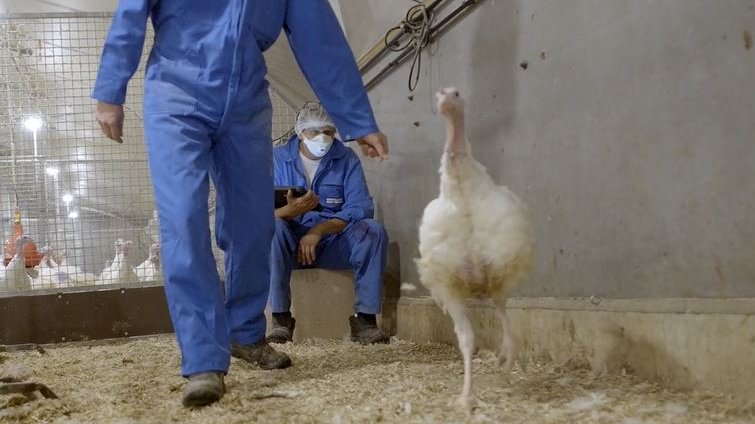
To enhance social sustainability in our industry, reducing waste in the system is one part of the equation. We do this through tracking and improving first week mortality, selecting for livability, and exploring new opportunities within the value chain to minimize waste.
Tracking and improving first week mortality
It’s important to maintain a consistent record of your first week’s performance and provide that feedback to your supplier for continuous improvement. Hybrid Turkeys utilizes feedback like this to improve product performance and make advancements with every new generation.
One example we offer to track and improve first-week mortality is the Thrive poult reporting tool. Developed in 2015 for Hybrid Turkey customers in North America, this tool measures a full spectrum of information for each delivery, such as mortality rates, hatch date, and hatching source. A similar system for Europe has also been made available.
Through accessing and tracking data we can help our customers target areas of opportunity for better performance and to quickly make meaningful improvements, including first week mortality. Through sharing the performance of your flock, we try to find new areas and solutions to help our customers become more sustainable while also increasing profitability. By using global collaboration between customers and industry partners in the turkey value chain, we ensure that we are delivering products and solutions that meet market needs today and in the future.

Selecting for livability
Genetic progress can play a significant role in reducing the number of birds in the food system by making each generation more productive. By selecting for better livability, these birds will be healthier and able to live a long, productive life before going to market.
Walking scores are one way to select for better livability. We are exploring new methods of capturing walking scores using accelerometers and video capture technology. By continuously improving our data collection methods, we aim to collect more data with greater accuracy and efficiency which speed up the genetic engine.
CCPS (Combined Crossbred & Purebred Selection) is another way we can improve livability through testing the performance of our products under commercial conditions. We take the data from these trials and roll this information back into our breeding program so that we select birds that perform well under various conditions and in turn breed stronger, more resilient birds. Through improving livability from the start, we can minimize our carbon footprint while reducing wasted resources like feed and labor, making a positive impact on our planet.
Opportunities
To improve hatchability, which contributes to the bottom line and reduces waste in production, we are currently studying the use of genomic selection to identify and remove lethal markers in the turkey genetic line.
Staying true to our partnership approach, we have developed a strong network of hatcheries, both owned and partnered to supply Hybrid Turkey genetics on a global scale. Our hatchery network is designed to maximize facility utilization and balance male and female demand in the market, allowing us to avoid oversupply while creating a more sustainable industry with less waste.







